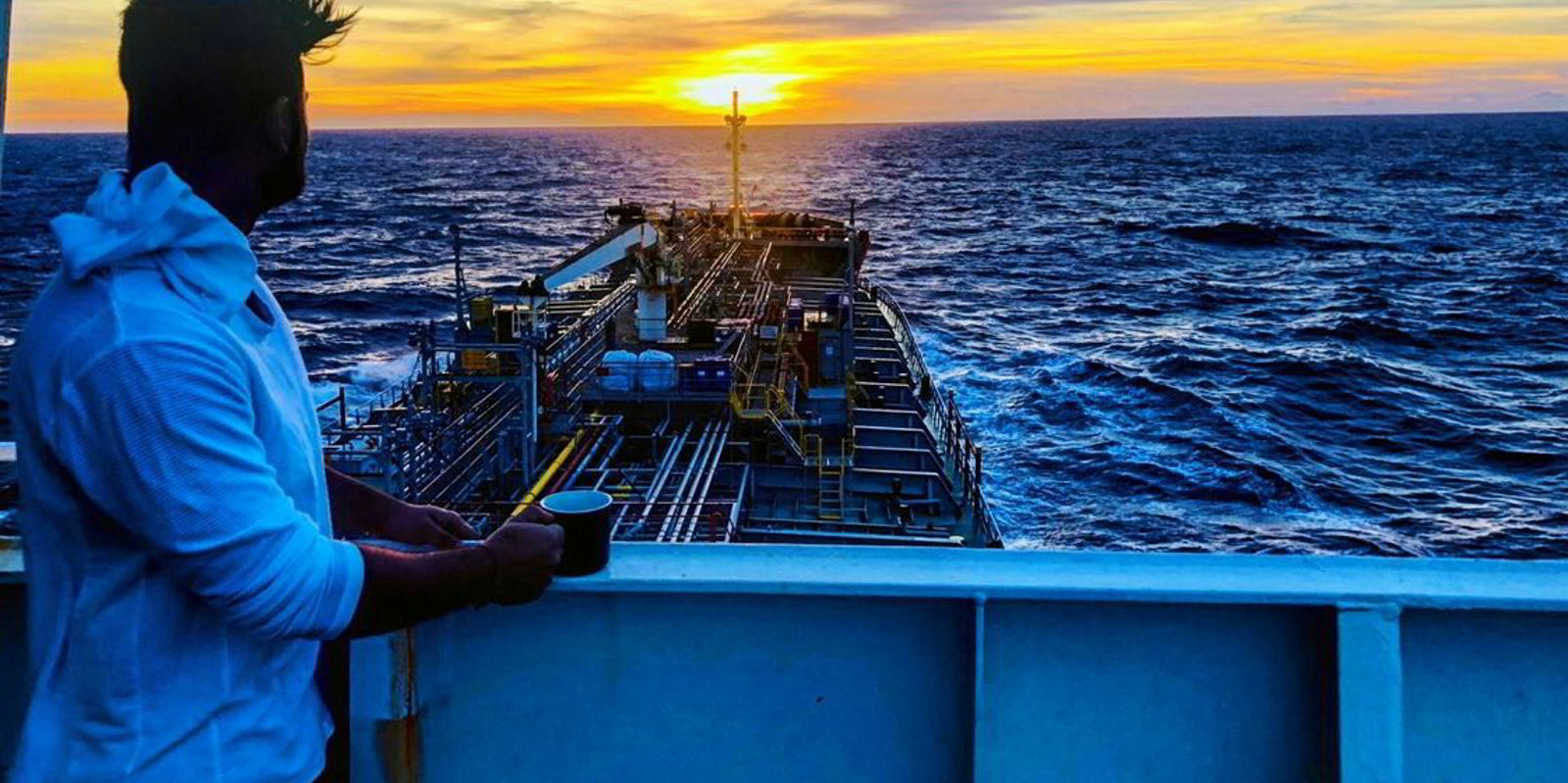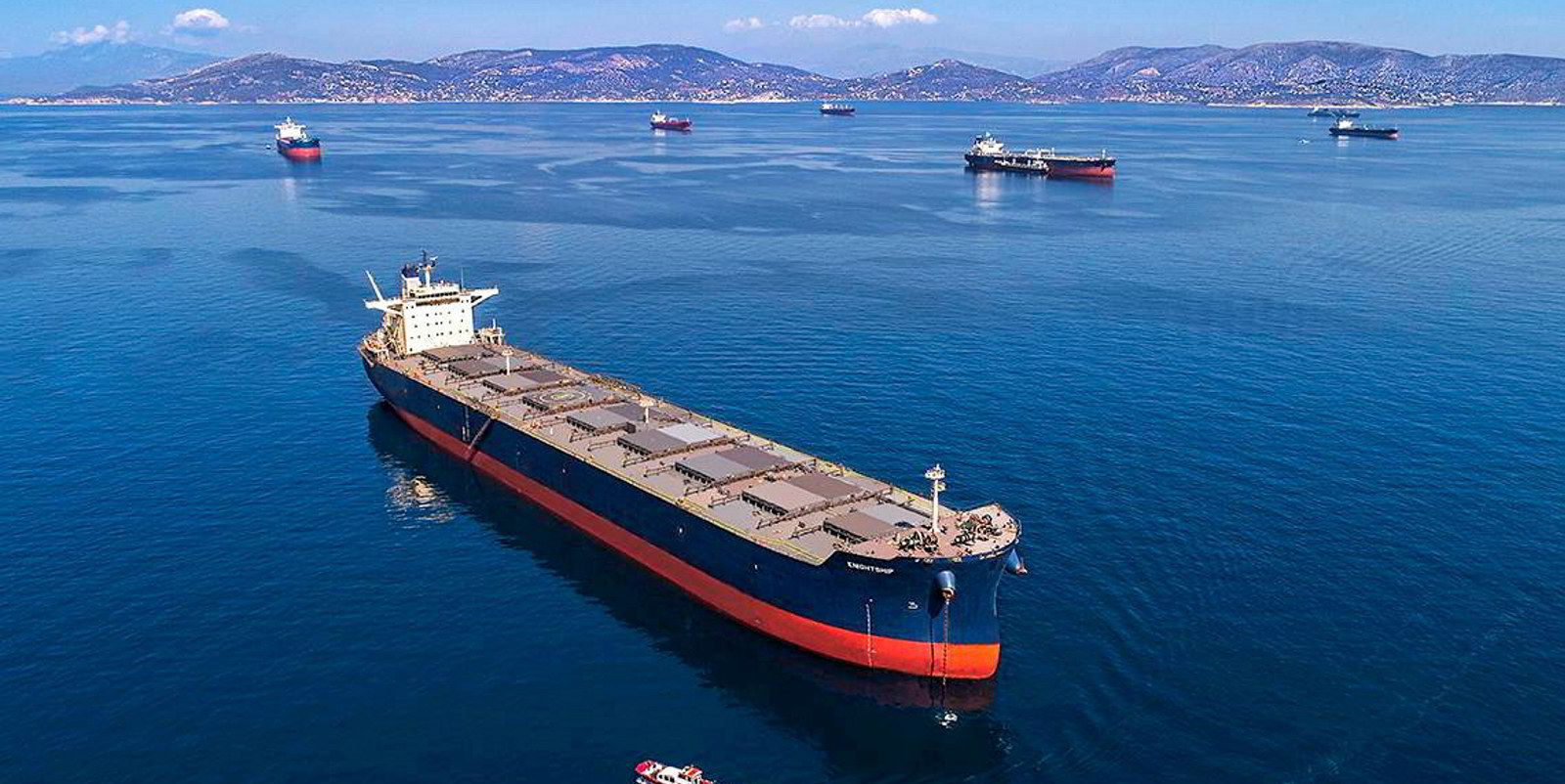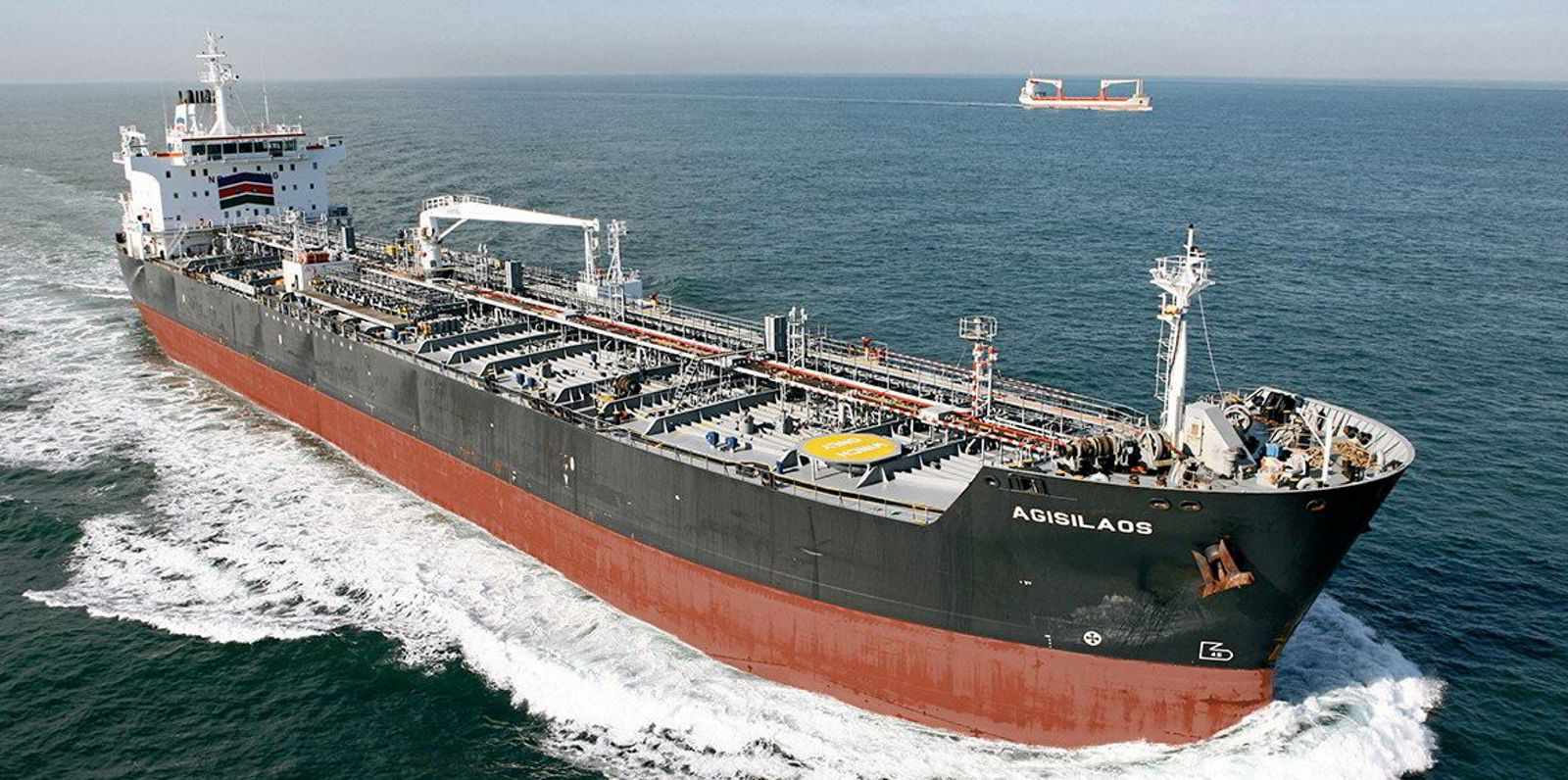The crew-change crisis caused by the Covid-19 pandemic is increasing stresses and strains across the entire shipping industry, but it is also giving it an opportunity to reassess — or more accurately, assess properly — some issues that have never properly been addressed.
One of the biggest issues, and perhaps least considered, is that of the mental health of seafarers.
Isolation, overwork, fatigue and pressure are issues that have been around forever, even if they have been increased by the industrialisation of shipping that has cut crew numbers and time off in port cities. Being trapped on board vessels for months beyond the end of already lengthy seafaring contracts has exacerbated the problems and effects.
In the last week, a study by Norwegian Hull Club subsidiary Marine Benefits raised serious concerns about the state of seafarers’ mental wellbeing with 400,000 crew trapped at sea by the pandemic. It found that feelings of depression and anxiety have increased as the pandemic has extended time that crews spend at sea.
Most at risk
The study revealed that 23% of those surveyed reported experiencing a range of depression from mild to severe, and 9% said they were suffering from anxiety. The numbers feeling some form of depression increased to 33% after seven months on board.
Averaged out, the findings suggest at least one person in any crew is likely to be feeling depressed or anxious — and alarmingly, the study revealed that younger crew members are more at risk of such symptoms than older seafarers.
It is too easy to respond: “Just shows that they were tougher in the olden days — youngsters are too soft.” That ignores medical practitioners’ advice that up to half of all physical illnesses can be traced back to mental health problems.
It also ignores the large number of irascible, cantankerous, perhaps violent old-timers that we sometimes generously describe as “characters” who were quite possibly worn out, stressed or mentally scarred — but we just did not know it or want to see it.
Post-traumatic stress disorder can be an overworked term, but we now recognise that it very often affects people who go through difficult situations. It took until near the end of the last century to realise that millions who went through the two global conflicts, as well as other wars, and who had little help to overcome their experiences often suffered — unknowingly — for the rest of their lives.
It is unlikely that many of us would now argue with Mental Health Support Solutions (MHSS) clinical psychologist and managing director Charles Watkins, who has said of traumatic events such as vessels being hijacked or crew kidnapped that they are extremely distressing and can lead to a series of psychological issues — including confusion, nightmares, headaches and even suicidal thoughts.
But fewer of us may recognise that lengthy, tedious, gruelling, uncomfortable and lonely hours, weeks and months locked in a virtual onboard prison may also have major effects on people's personalities, health and ability to function safely and efficiently. That may even be while we complain about having to work from home, safe and comfortable with our families during lockdowns on land.
However, attitudes are changing.
Intense isolation
Last month, UK Chamber of Shipping policy director Tim Springett said of another study that found 54% of seafarers felt they were not being helped to manage stress and fatigue, that real concerns exist for crews’ health and wellbeing. He called for better understanding of what they are going through, so that they can be helped and supported.
Canon Andrew Wright, secretary general of The Mission to Seafarers, said of the same report that the intense isolation felt by seafarers during the pandemic has been raised by many of them with its chaplains round the world.
“The challenge now is for the international community and industry to take steps to avoid a serious mental health crisis and potential safety incident,” he said.
Mental health training courses for maritime situations have been developed by the likes of MHSS and the International Seafarers' Welfare and Assistance Network. The crew-change crisis will have a silver lining if it puts maritime mental health properly on the map.







